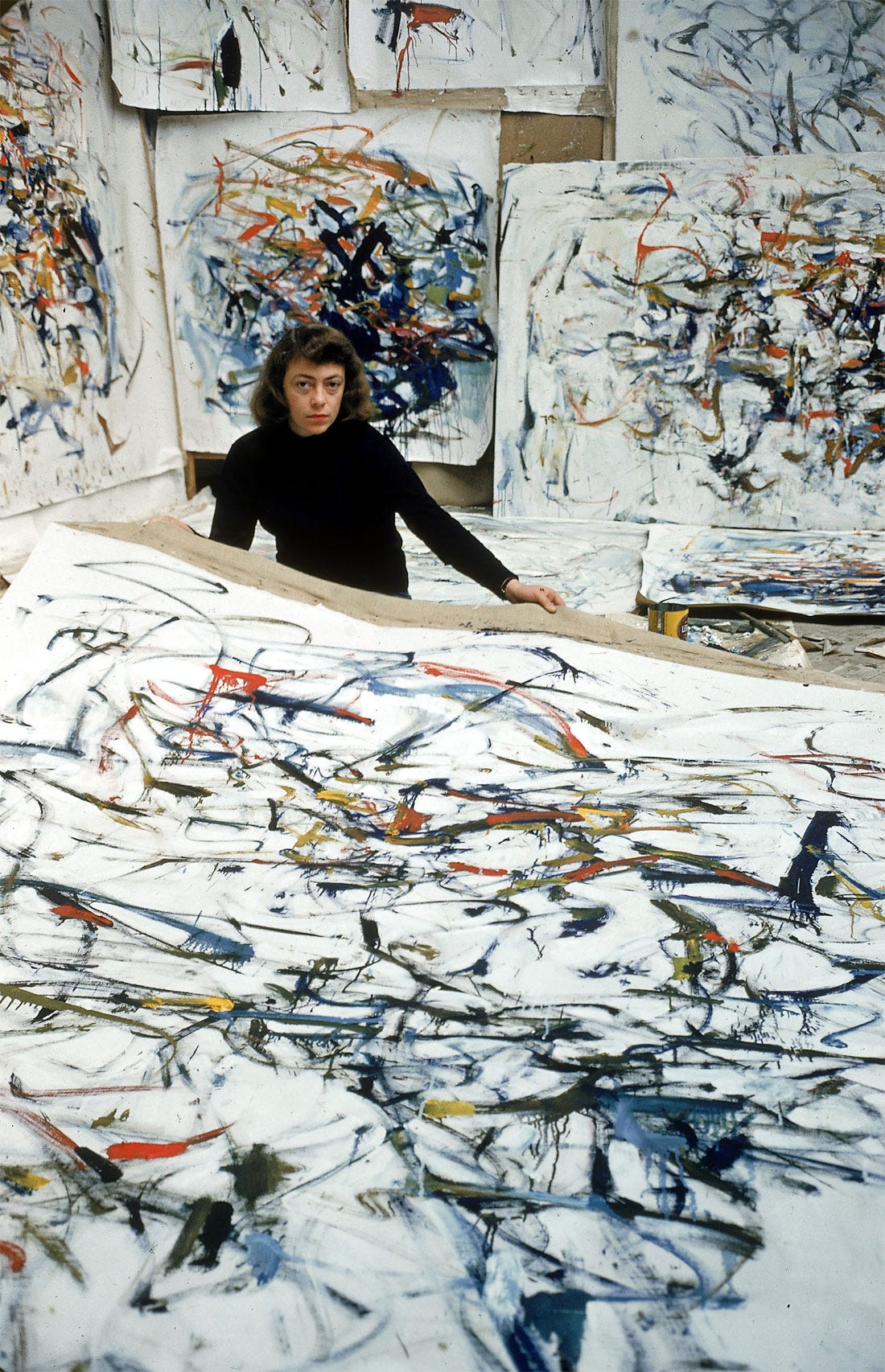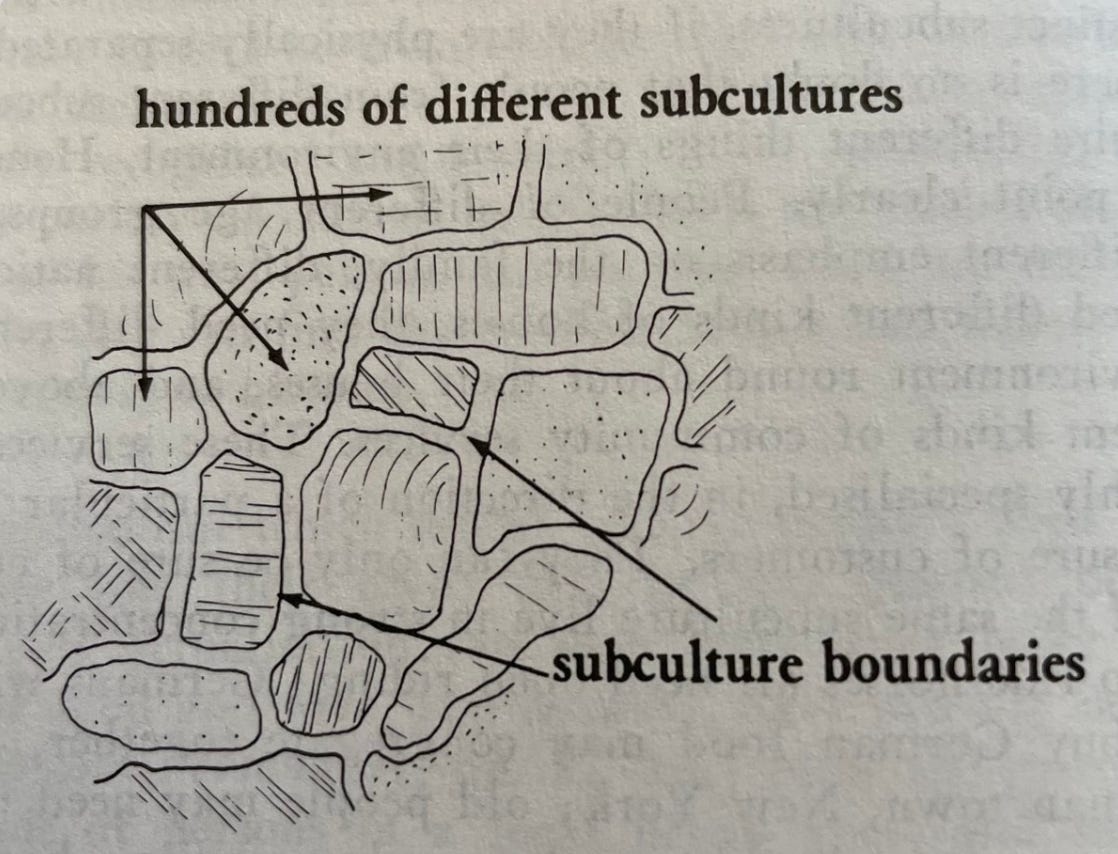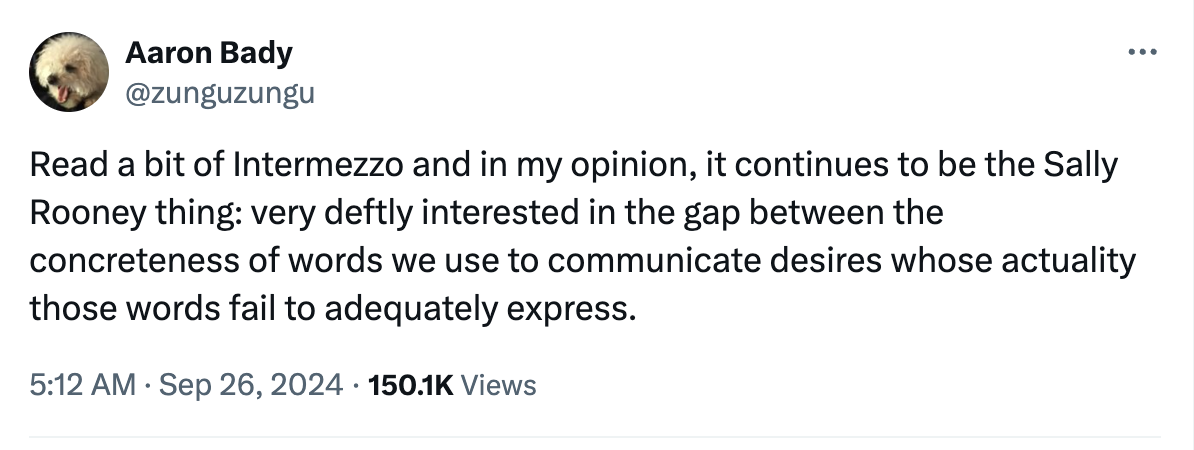The internet is a mosaic of subcultures (notebook #1 ꩜)
playing with identities to find which ones fit best

Hello. This is #1 of my new series (unoriginally) titled Notebook ꩜. Casual discussions of idea from books/articles I’m reading. Rather than finished pieces, I view them as open inquiries on living. What do you think? Always open to feedback via email or comment.
Like many of you, I grew up on the internet. But really, I grew up in Southeast Asia in a small boomtown city. Now I live in San Francisco off of some hunch I had when I was 20. Reading blogs online literally altered my life trajectory (including getting into college, but that’s a story for another time). Taking advice from strangers on the internet wasn’t vogue at the time, but I booked a flight to California and fell in love.
During my childhood the internet was a deep pool with many tributaries. I have fond memories when blogspot and wordpress were centrifugal forces of the online writing world. A blog was a virtual archive or repository for your thoughts. A blog was a playroom. A theatre. Less self consciousness, limited marketing and distribution. Those were the days of pure Superfan economy. It was a deeply human effort to find a blog you liked and follow it over time. I followed a range of things including beauty, writing, philosophy, economics — Kenyon Review Online, bubzbeauty, fleurdeforce, Artsy, Maria Popova, Marginal Revolution, The Adroit Journal, Man Repeller, The British Youtuber mix (Niomi Smart etc etc), Granta, Bookforum.
I found my own mix of subcultures to participate in. Meaning, I found discrete communities online through following my interests that had their own value systems, ways of transmitting information, and connective tissue. Those influences still exist within me now, a symphony of quiet voices beneath my formed opinions.
That was the precious part about floating on the surface, feeling the growing tide of the web lap softly against your back. It afforded you this wonderful agency to craft your own world and cast of characters. Flowing between environments allowed you to play with your identities to find which ones fit best.
Here are some of my (ongoing) notes and observations on building your own mosaic of subcultures.
Mosaic of subcultures
In Christopher Alexander’s, A Pattern Language: Towns, Buildings, Construction, his second book in a three volume tour de force on designing architectural environments, Alexander builds on Frank Hendricks’ sociological framework of subcultures in the physical world of constructing towns.
In Alexander’s eyes, it is healthy to “break a city” into a vast mosaic of small and different subcultures, each with its own spatial territory, with the power to create its own distinct life style. Subcultures in a city should be somewhat self-contained so that idiosyncrasy survives.
The homogeneous and undifferentiated character of modern cities kills all variety of life styles and arrests the growth of individual character.
The mosaic of subcultures requires that hundreds of different cultures live, in their own way, at full intensity, next door to one another. But subcultures have their own ecology. They can only live at full intensity, unhampered by their neighbors, if they are physically separated by physical boundaries.

Similarly these boundaries and ridges that form discrete subcultures exist online. People organize according to a different negotiated set of values. Each subculture is rich and deep with its own ecology. We create pockets of communities for this reason. In Seeing Like a Network, Rohit Krishnan suggests that as our information networks have become denser, we look for ways to shrink our own flow of information to highly curated, selective, sources:
The push to create private spaces, on discord or group chats, to truly express oneself or let mini-ecosystems flourish, they all are needed to make us stop sitting with our face deep inside the information superhighway. It’s to help make the networks you’re in a bit sparser.
This makes intuitive sense. I go to one place for fashion inspiration, another for literary criticism, and yet another for commentary on the frontier of technology. Essentially my worlds are pretty unbundled — I didn’t have language to understand that before.
Method-acting in online theatres
Emre Ulusoy writes in his PhD thesis, Toward Understanding the Subcultural Mosaic: Fragmentation of the Culture and the Symbiotic Interplay of the Market and Subcultures that subcultures are not stable, static, and clearly identifiable entities, but ones constantly in the making.
Contemporary subcultures are…proposed to be the key manifestation of the fragmentation of society and the means for producing the meaningful experiences that are sought in life, as well as for constructing individual and collective identities and producing selves or self-images within these experiences. Therefore, subcultures are venues where consumers can be performers in the theater of life. (39)
I’ve always bought into this idea of relational invention. The way you interact with the world creates some emergent third property of identity and belonging.
Selecting your theatre means opting in to method acting within the environment you choose. If you’re part of a band, perhaps you’re more magnetic and magnanimous. If part of a poetry workshop group, you might be thoughtful and pensive. Online, this means that whatever groups you join accentuate and amplify certain traits within yourself. Of course, you should be careful what you choose to amplify (a la Kurt Vonnegut): you are who you pretend to be, so you must be careful who you pretend to be.
I choose to see this as a fantastic, experimental, plane. It’s less scary to be more authentic, more yourself in the theatre than it is in real life. In his essay Pseudonyms lets you practice agency, Henrik Karlsson writes that he treats the act of blogging as a sort of pseudonymous interface which helped him feel more free:
There is a small, aspirational gap between my inner self and my interface.
Or rather, and this is the point: there was a gap. The gap has shrunk. I played a deeper version of the person I was offline, under conditions where I felt safe to do so—where it didn’t matter that people laughed at me. And this game allowed me to embody what it feels like to be more earnest and agentic and loving.
Tuning your own signal
Metabolizing the world slowly over time is hard work. Being part of different subcultures allows you to grow and shed interests as you change contexts and continue to live a rich and full life. This effort is not vague or passive, but specific and intentional. Do I like this text or idea? Do I half-like it? Why am I unsure — how do I label and excavate this feeling, specifically? A really interesting space to occupy is one where you have mixed feelings about a concept, and that only comes from engaging critically with it and its context and the origination of your reactions.
I find myself returning often to the ‘microdecision’ framework Brie Wolfson references in her excellent Are.na editorial, Notes on Taste:
The process of cultivating taste is a lot like the writing and editing process. Here’s George Saunders on the revision process.
“The way I revise is: I read my own text and imagine a little meter in my head, with “P” on one side (“Positive”) and “N” on the other (“Negative”)... This involves making thousands of what I’ve come to think of as “micro-decisions.” These are instantaneous, intuitive – I just prefer this to that… I just have a feeling and react to that feeling, in the form of a cut phrase, or an added word, or an urge to move this whole section, and so on. And then I do that over and over, for months, sometimes years, until that needle stays up in the “P” zone for the whole length of the text…With each choice, even the smallest ones, the story becomes more and more…well, it becomes more her, you could say. There’s more of her essential nature in it, more of what will distinguish her from all of those other writers out there. And gradually, the story starts to become something she couldn’t have foreseen when she started out – bigger, more complex, smarter, funnier, whatever.
Alternatively, tuning your own signal or frequency mean creating things or sharing thoughts in public that might welcome reception, feedback, or collaboration. The wonderful part is if you share what you think is cool and intellectually interesting and touching and beautiful, the world organizes itself around that intent. People end up filtering themselves in and out based on the strength of your signal. The most important learning for me in the last two years alone (via writing online) is that the world is not a dark forest. In the best ways, what you’re seeking is also seeking you.
Following the references
“It is apparently the most difficult act of imagination, to see through the pictures of the world, that desire and ideology are always constructing” - Robert Hass in What Life Can Do: Essays on Art
Different parts of you flow through different channels. Identity is prismatic: there’s a silly version, a serious version, an artist, a lover, a friend, a mentor, a mentee, a sportsman, an intellectual, high potential in one area, low in another. People are greatly uneven. Take heart in the unevenness. Have some humility at the face of it. I’m humbled all the time by the depth and rapture and sublime in this world I’m not well versed in. Dipping into new realms allows you to expand the range of your intellectual orbit. I found myself tunnelling into sci-fi shortly after reading Greg Egans’ short story collection, Axiomatic. Before that I didn’t even know I could like sci-fi! Then I read the likes of Ted Chiang, Doris Lessing, Isaac Asimov, Ursula Le Guin, William Gibson, whose ideas have influenced me tremendously.
I call this following the references. Using the internet to widen your aperture on the world is part of the process of continuous inward spiral. When you experience something novel it enriches and enlarges the existing boundaries of your world. By association, no branch becomes out of reach.
All this to say: building your own mosaic of subcultures online is a great deal of fun. It is evidence of one’s own multidimensionality and evolution in thinking. The best mosaics are formed by modulating the direction and quality of your attention through the act of living. By doing so, you naturally iterate toward the ideas and groups of humans that make you feel most alive.
PS: Thank you for reading - if you feel inclined; please like, share and subscribe. Your support helps me curate more posts and reach more readers!
Many dinners with CEOs from the portfolio this week. Heart feels warm. Being around startups is a crash course in agency and will — oh and the complexities of working in intense closeness with other human beings.
I want to write about female ambition and why it feels hard. Almost every woman in my circles are dealing with this: wanting a few different things in tandem: one part of me wants X and the other wants Y. Which desire is more powerful?
Another thing I’ve been noodling on is the mystery of chemistry. Why some people have it and some others don’t. How uneven this can be on a few different planes e.g., physical vs intellectual, conversational etc. You know it when you feel it, but it’s inherently unexplainable.
Nietzsche’s piece on why one must learn to love:
This is what happens to us in music: First one has to learn to hear a figure and melody at all, to detect and distinguish it, to isolate and delimit it as a separate life. Then it requires some exertion and good will to tolerate it in spite of its strangeness, to be patient with its appearance and expression, and kindhearted about its oddity.
Finally there comes a moment when we are used to it, when we wait for it, when we sense that we should miss it if it were missing; and now it continues to compel and enchant us relentlessly until we have become its humble and enraptured lovers who desire nothing better from the world than it and only it.
He continues to write:
But that is what happens to us not only in music. That is how we have learned to love all things that we now love. In the end we are always rewarded for our good will, our patience, fair mindedness, and gentleness with what is strange; gradually, it sheds its veil and turns out to be a new and indescribable beauty. That is its thanks for our hospitality. Even those who love themselves will have learned it in this way; for there is no other way. Love, too, has to be learned.
I caved and bought Intermezzo. I saw this tweet and simply had to:
The Poethical Wager by Joan Retallack
Mating by Norman Rush - it’s so kooky, but I kind of love it so far
I’m planning to go to Maggie Rogers in SF in November, so I’m binging her entire Don’t Forget Me album.
Other songs on repeat: Seventeen by Sjowgren, Don’t You Wanna by Overcoats, Easy by Lionel Richie, Masterpiece by Big Thief.







love this. if you're in SF this friday and 'embedding memories into clothing' sounds interesting, come join us: https://lu.ma/gaychagt
and about women x ambition, i know Mathilde wants to write more about it here: https://awanderwoman.substack.com/
All of these notebook entries were excellent, I'd have followed all of them into their own posts!